NORWOREGON: Seeking Out The Ale Apothecary’s Natural Beer Ethos
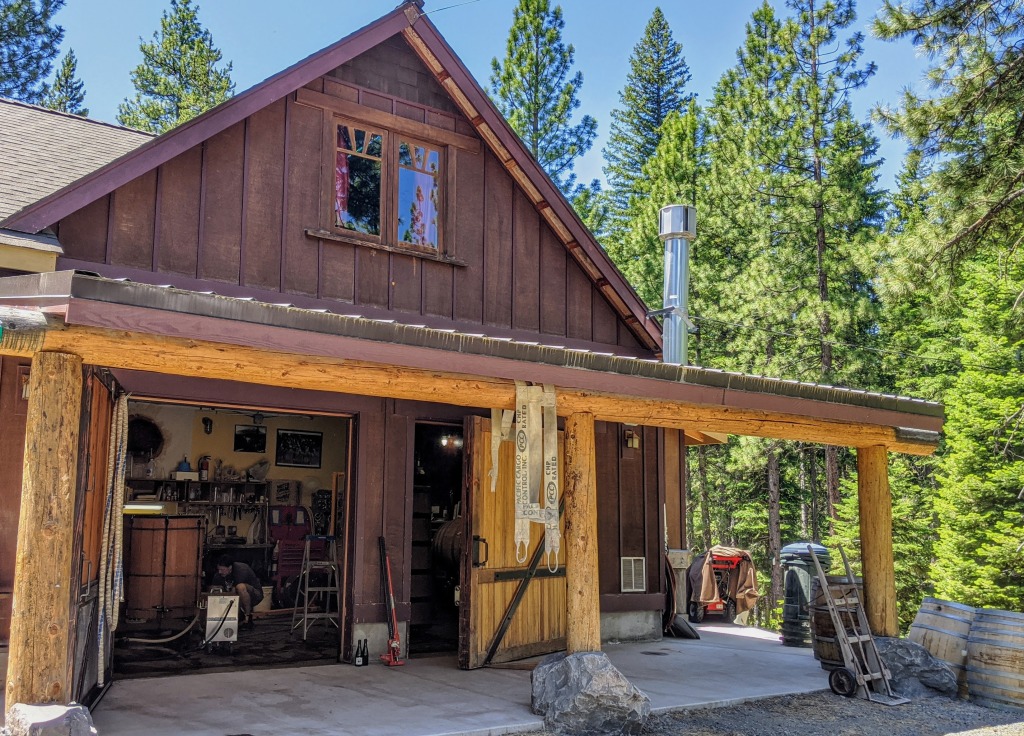
In January, I linked up with Paul Arney, the founder and brewer of The Ale Apothecary, as I looked to help promote a documentary he and his brothers Doug and Todd created last year called NORWOREGON. With a few emails exchanged in early January and March, it sounded like a screening event would take place in October. Weeks later, whether it was fully realized or not, the reality of such a gathering was now out the window with the spread of COVID-19.
Flash forward to a month ago when I jumped at the opportunity to make a day-trip to Bend, essentially to exchange beer with a friend due to the pandemic’s new reality of limited accessibility. Knowing I’d be in Bend, I had to visit Apoth’s tasting room, if not their rural brew house, ten miles up the road into the wooded desert foothills. And while I’d love to endorse such a journey to Bend (this was my first visit in 6 years), please know that the city has since asked tourists not to visit through Labor Day.
I was excited when Paul invited me up to the brew house, seen above, where he was in the midst of a newly fermenting “Bitter.” He was kind enough to patiently answer any questions I had about his brewing process, one that’s quite unlike any you’d see on a brewery tour today. Most every vessel is wood, including two mash puncheons, a small copper boil kettle, two open foeders acting as spontaneous fermenters, a custom puncheon with a heating element (for lactobacillus storage), and a few barrels awaiting transit down the hill to the barrel cellar behind the tasting room.
Much has been written and said about Paul’s approach to brewing since he and his wife Staci opened The Ale Apothecary in 2011. To witness it first hand, as a beer nerd, was akin to arriving at Mecca. Yet in writing this, it was my desire to not tread upon the same terra other writers and podcasters have trekked as it pertains to Paul’s passionate pursuit of unique potions. I didn’t even see the mythical spruce lauter (a Finnish-style Kuurna) he uses for his Sahati beers… I honestly forgot to ask with so many other things to discuss regarding his process.
The primary foundation of The Ale Apothecary’s focus is to create Natural or Place-Based Beer – something unencumbered by the seemingly detached nature of modern industrial brewing. The brewer utilizes only locally grown materials, is brewed by hand then fermented with naturally occurring yeasts in the air, all resulting in something imbued with the locale it’s brewed in, with the brewer’s process acting as it’s own unreplicable ingredient.
This is a return to what brewing was before prohibition in America. Even more, a return to what it was before pasteurization and mass production. A simpler time when people brewed for their family and community, done by handing down brewing methods from generation to generation, something America lost due to industrialization and Prohibition. It wasn’t about creating a specific style of beer, but working within the limitations of the water, yeast, malt, and hops (or even spices) available at the location where the beer is made. Without a definitive outcome or style expected, the doors to experimentation and creativity are wide open, i.e. the place where The Ale Apothecary’s process resides.
With all of the above being hallmarks of what Paul does, generally known by those who’ve closely followed his work, what’s changed over time? Over the 9 year life span of Apoth, much of that time was spent dialing-in and creating variants of Sahalie, what one might call his flagship beer. The past few years have likely seen the biggest changes – new processes, the opening of a taproom with extensive barrel space, new “styles” created such as a barrel-aged Wild Lager, gaining new perspectives from traditional Farmhouse brewers in Norway, and especially the yeast they brew with, Kveik.
Yes, over the past few years Kveik has become a popular, more readily available yeast strain from Northern Europe – more specifically Norway, where farmhouse brewers have 500+ year tradition (since the Black Plague) of passing down simple brewing methods and means to keep the yeast healthy. It’s arguably the most versatile propagated yeast in that it can create super clean fermentations at a wider variety of temperatures. But I’m not going to get into all the nuts and bolts because there’s more about that below, including links.
Also know that Apoth canned their first beer a few months back – a “raw beer” (unboiled wort) with Kveik yeast from a Finnish Farmhouse brewer – and at 5% ABV, for a Wild Ale, it yielded impressive results. Paul mentioned to me earlier this week that a similar beer was canned on Monday, so stay tuned for another installment in “The AP” series…
Another recent project he’s been working on, in collaboration with Oregon Spirit Distillers and Deschutes Brewery, his former employer, is their Black Is Beautiful release, as part of Weathered Souls Brewing’s social justice initiative.
When I asked him about about it, Paul noted that the beer is “currently post-primary in a fresh red wine puncheon, where we fermented an imperial stout with our house yeast and an alcohol-tolerant one, plus added some aged Minotaur from the bottle to get some house character in there. After a few months we’ll transfer to Oregon Spirit whiskey barrels until we deem its ready to bottle, probably 3-6 months.”
In the end, my visit to The Ale Apothecary opened my eyes to a few things. That brewing beer the old fashioned way is time consuming and labor intensive. That if you’re passionate about beer and/or brewing, let your freak flag fly – we shouldn’t shirk those free time hobbies that make us feel good (especially these days). That creating a successful small business requires difficult decisions and if you don’t have the passion and creativity needed to carry you through the toughest times, you might be in the wrong business.
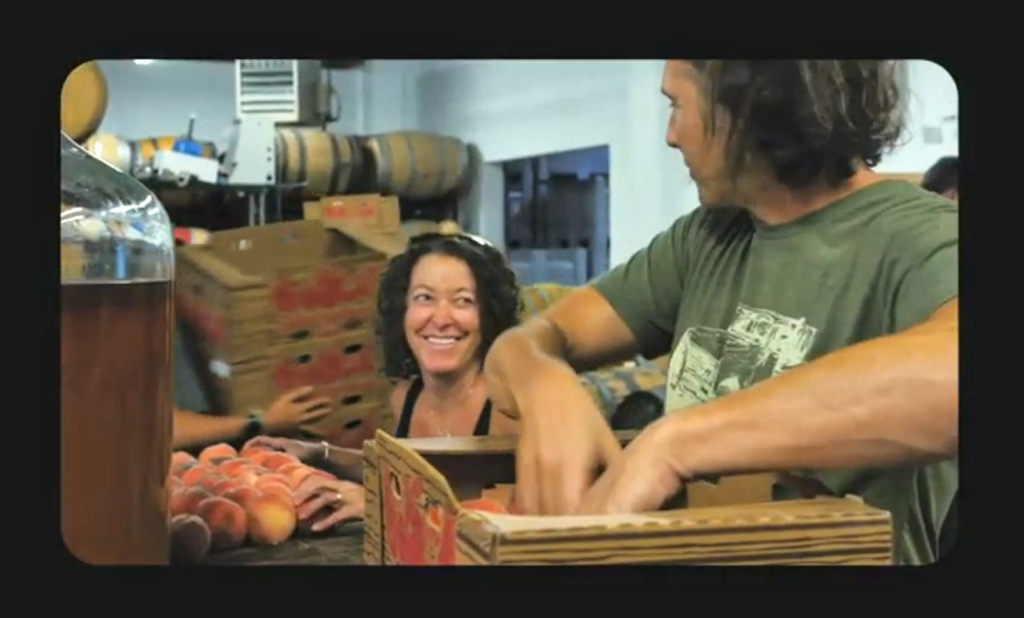
A week after I got home from Bend, I realized that I’d completely forgotten about the aforementioned documentary, something neither of us remembered to discuss during my visit – as if it were a forgotten memory from a different lifetime. With the originally planned screenings no longer possible – much less any other large gathering these days, what happens to NORWOREGON?
I’m excited to help announce the premiere of the film to the general public. NORWOREGON is a 42 minute odyssey from The Ale Apothecary brewery in Bend and a visit with Seth Klann at Mecca Grade Estate Malt in Madras, to the Lindheim Ølkompani farm in Gvarv Norway for a collaboration brew and a visit to the oldest structure in Norway’s Hornindal Valley to witness the brewing of a traditional Farmhouse beer – one part of a Traditional Norwegian Brewers Fest (Kornølfestival), as well as a visit to Eik & Tid Brewery in Oslo for another collaboration beer.
Before or after viewing this film, The Ale Apothecary requests viewers make a donation to the Kornølfestival which will have to be held “virtually” this year due to COVID-19. Please take the time to make a donation in support of this community of small brewers in Norway that rely on this festival to sustain their timeless craft. I wholeheartedly encourage your support and will be making a donation myself.
Links to Further Reading & Listening:
The Ale Apothecary
Paul Arney’s Beer Resumé
MountainBrewery.org
Larsblog – Brewing with Kveik
Kveik – Milk The Funk Wiki
Mecca Grade Estate Malt
Craft Beer & Brewing Podcast with Paul Arney
Categories
Beer Media, Bend, Oregon, Craft Beer, Oregon Brewery, Taprooms, Pubs & Bars, tourism
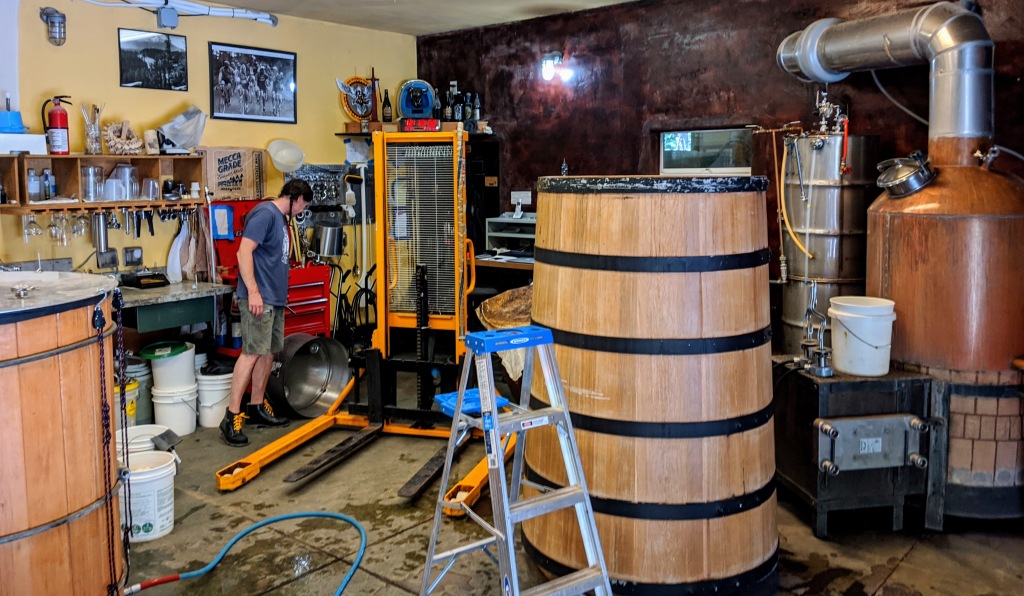
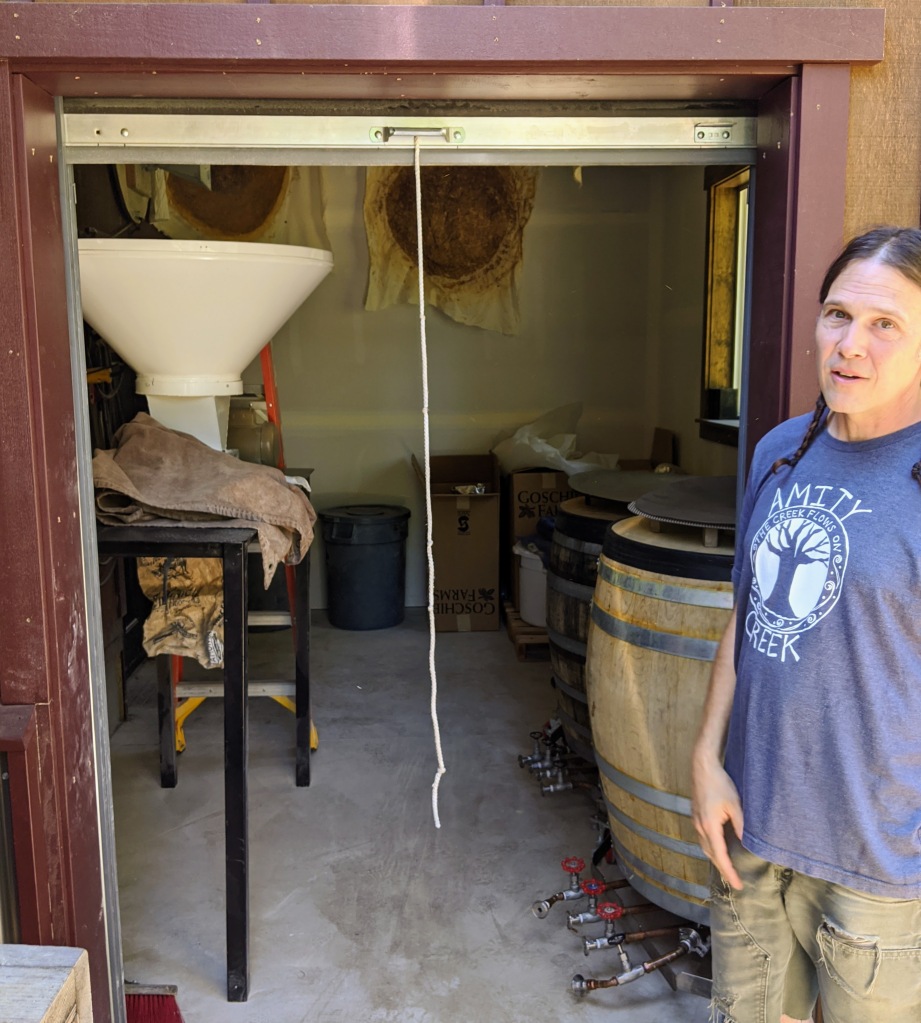
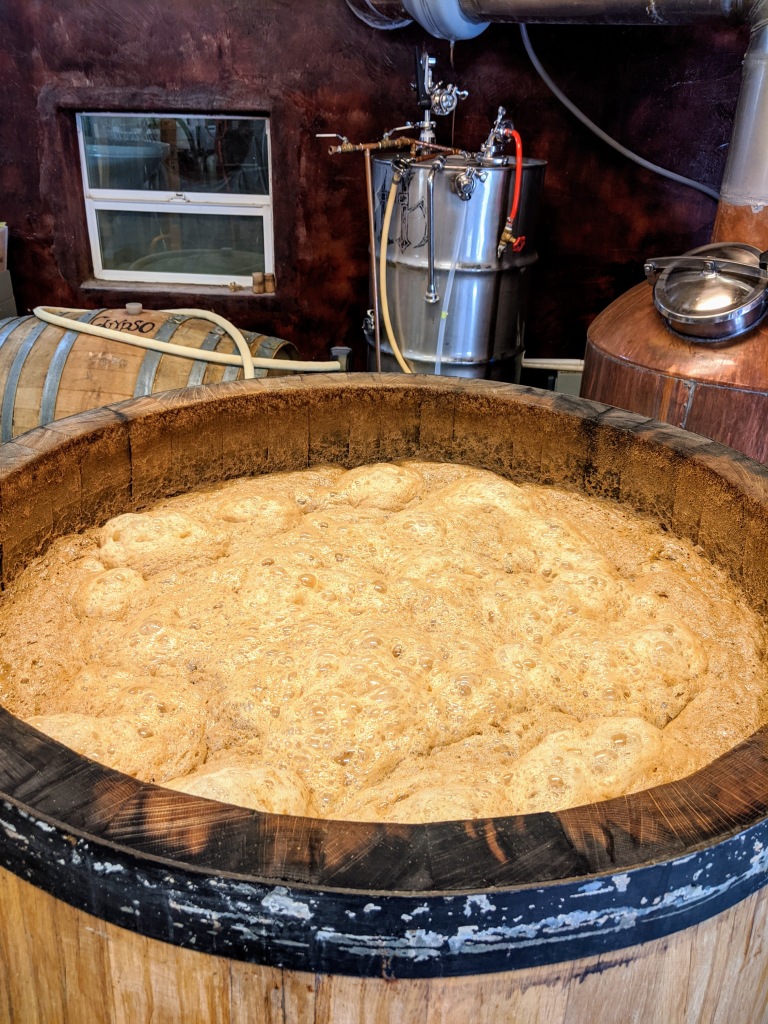
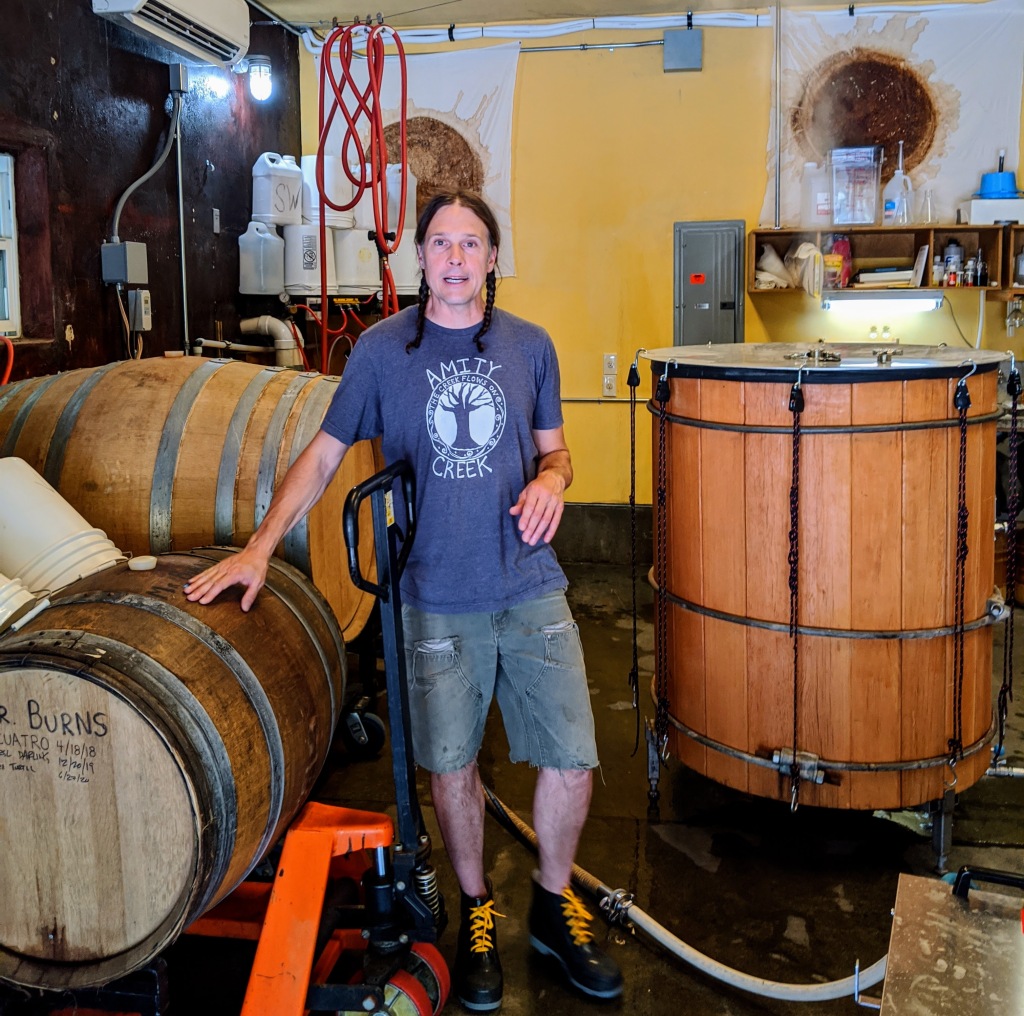
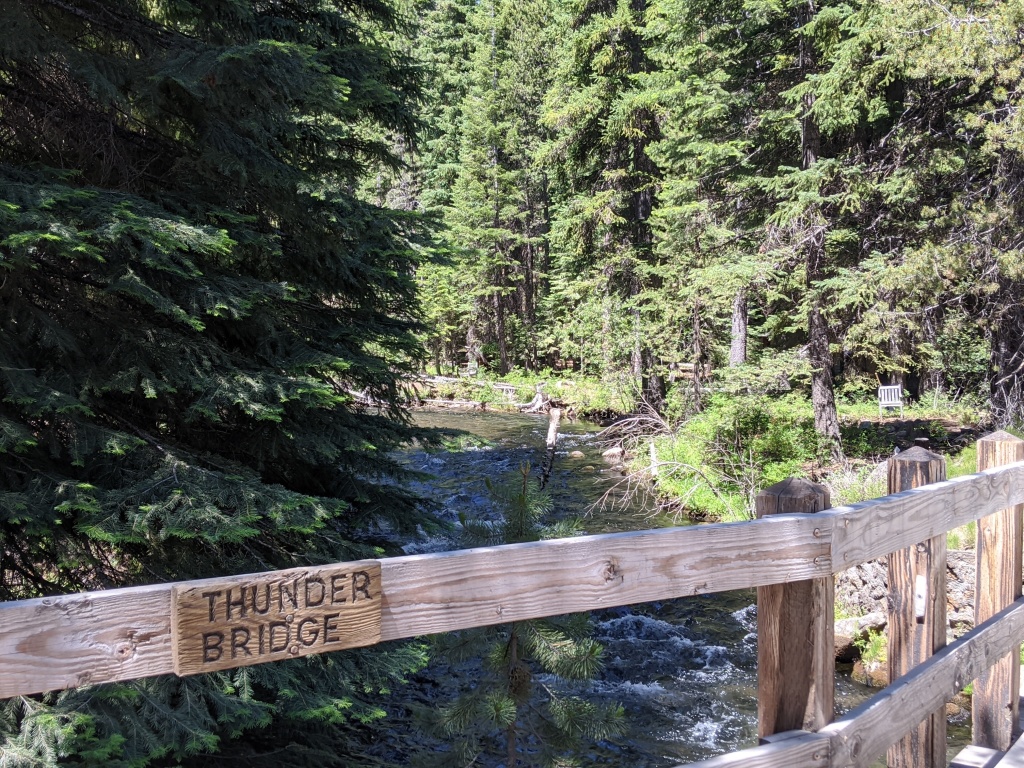
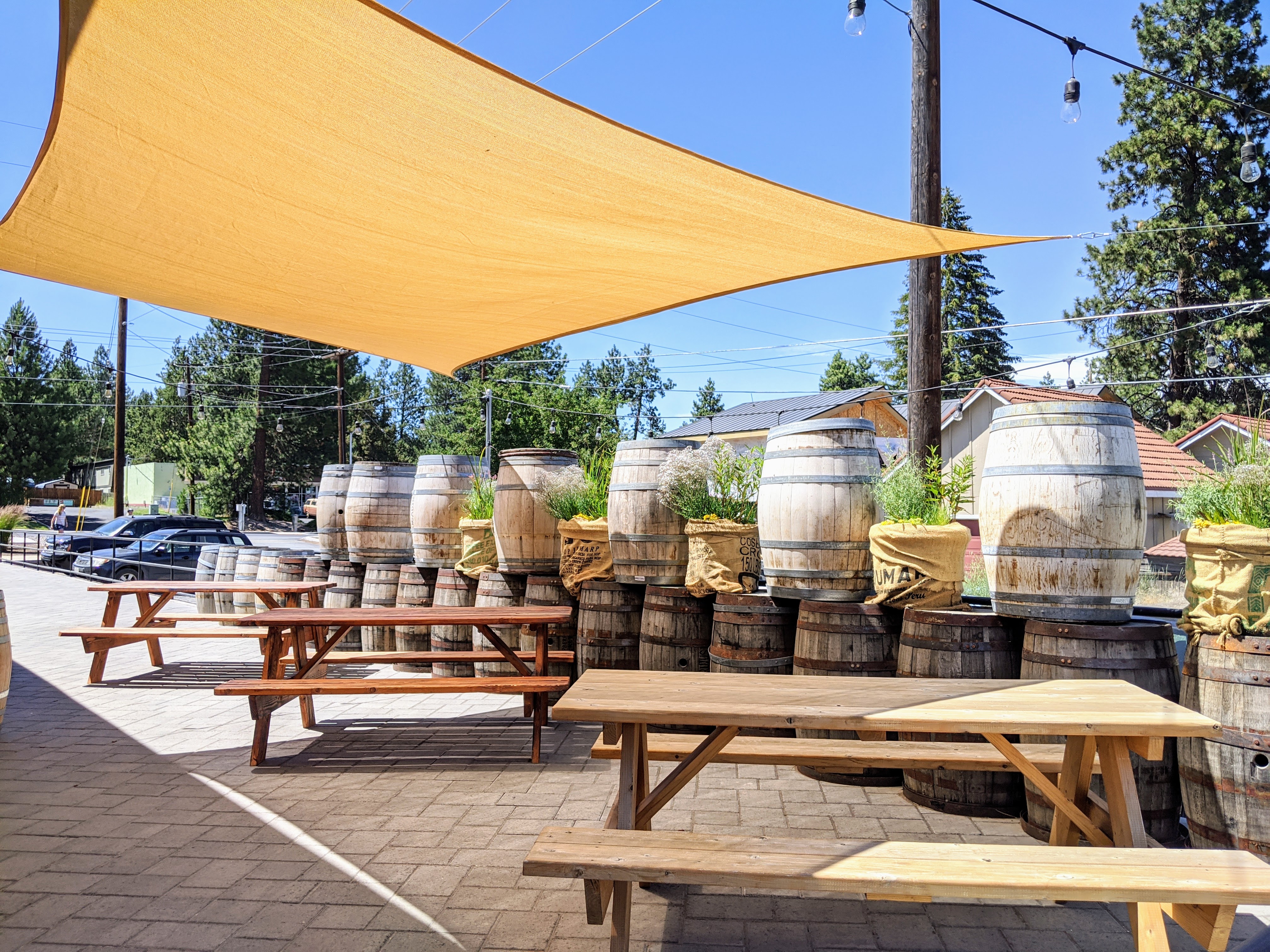

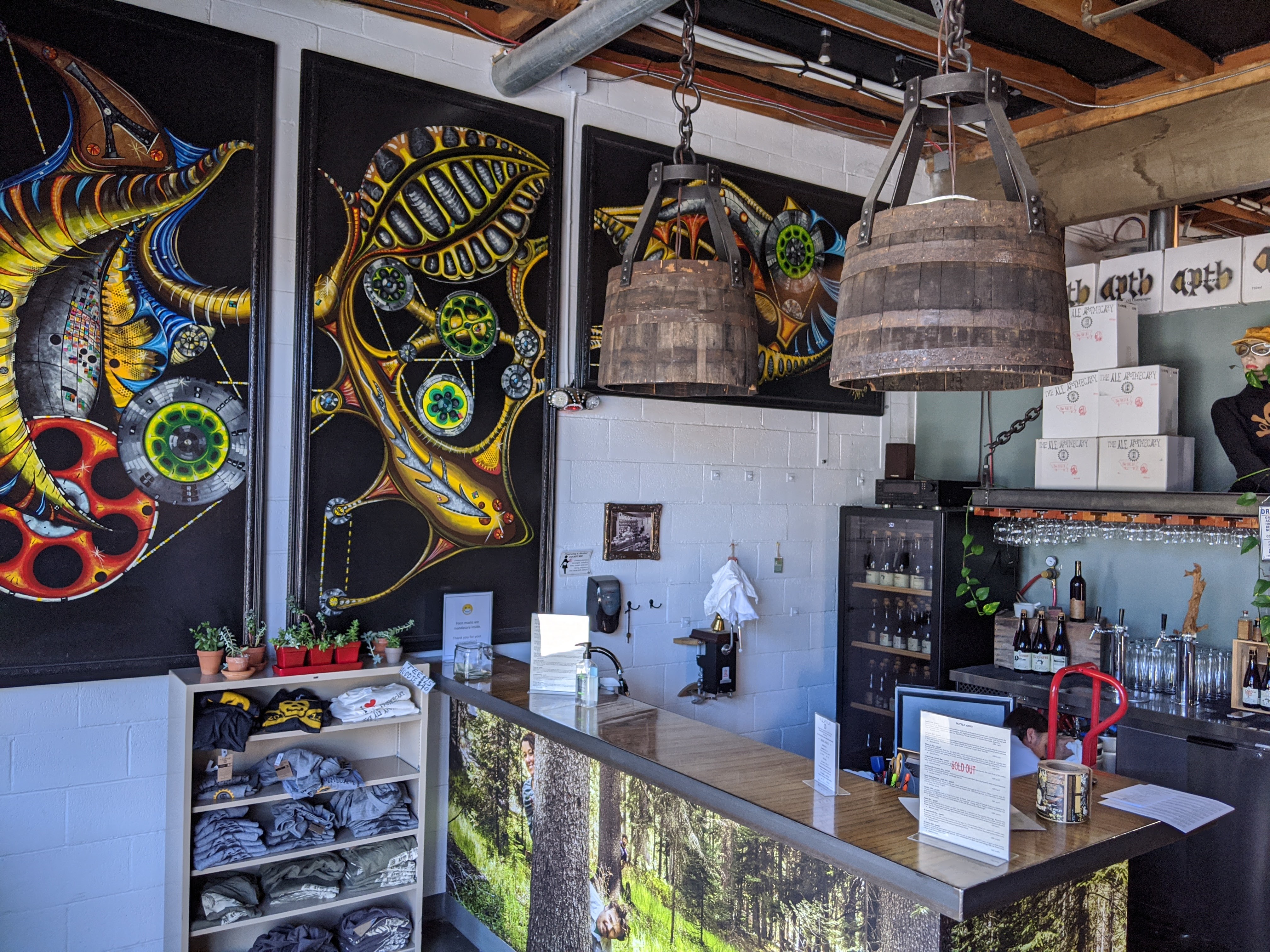
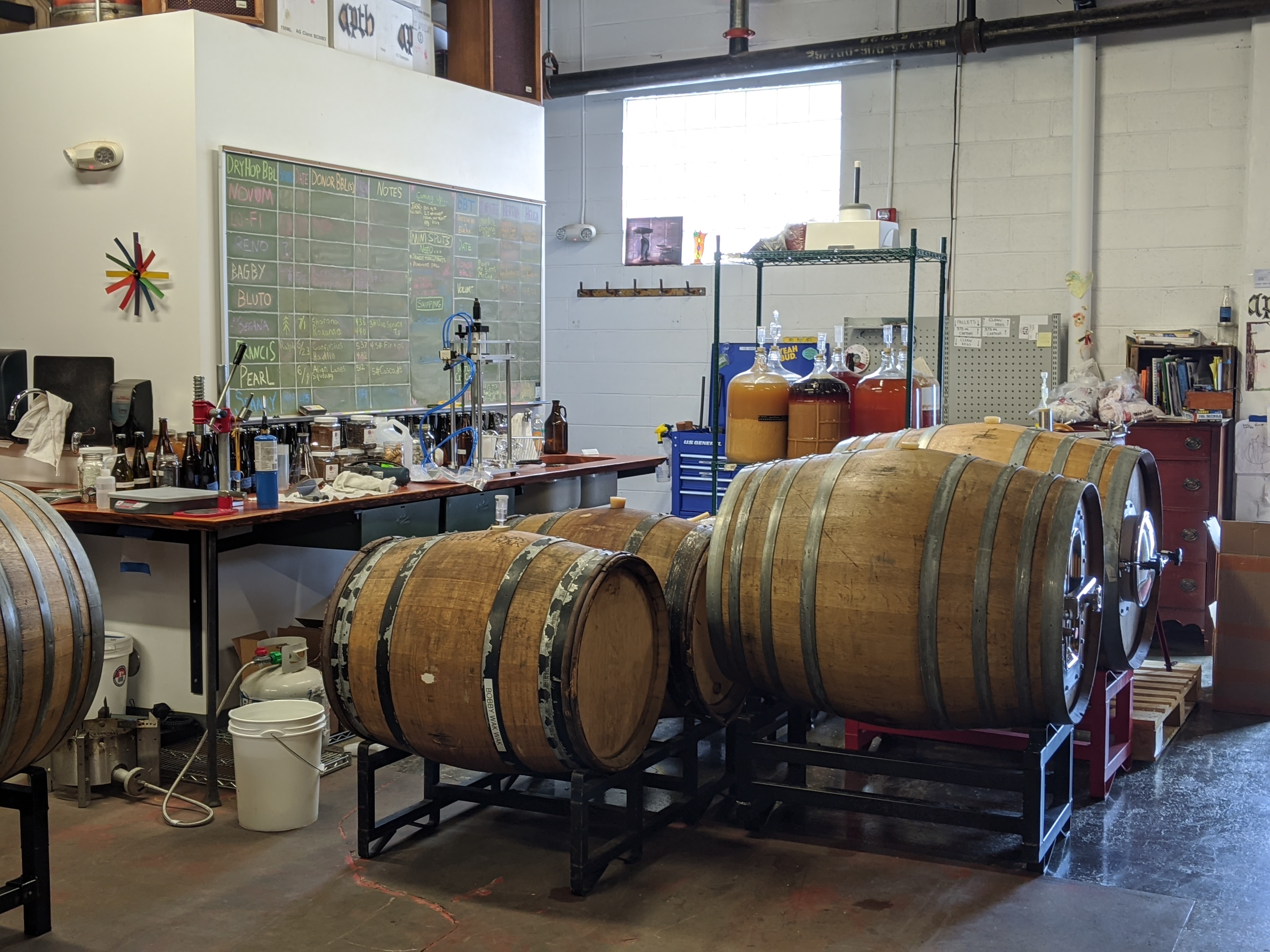
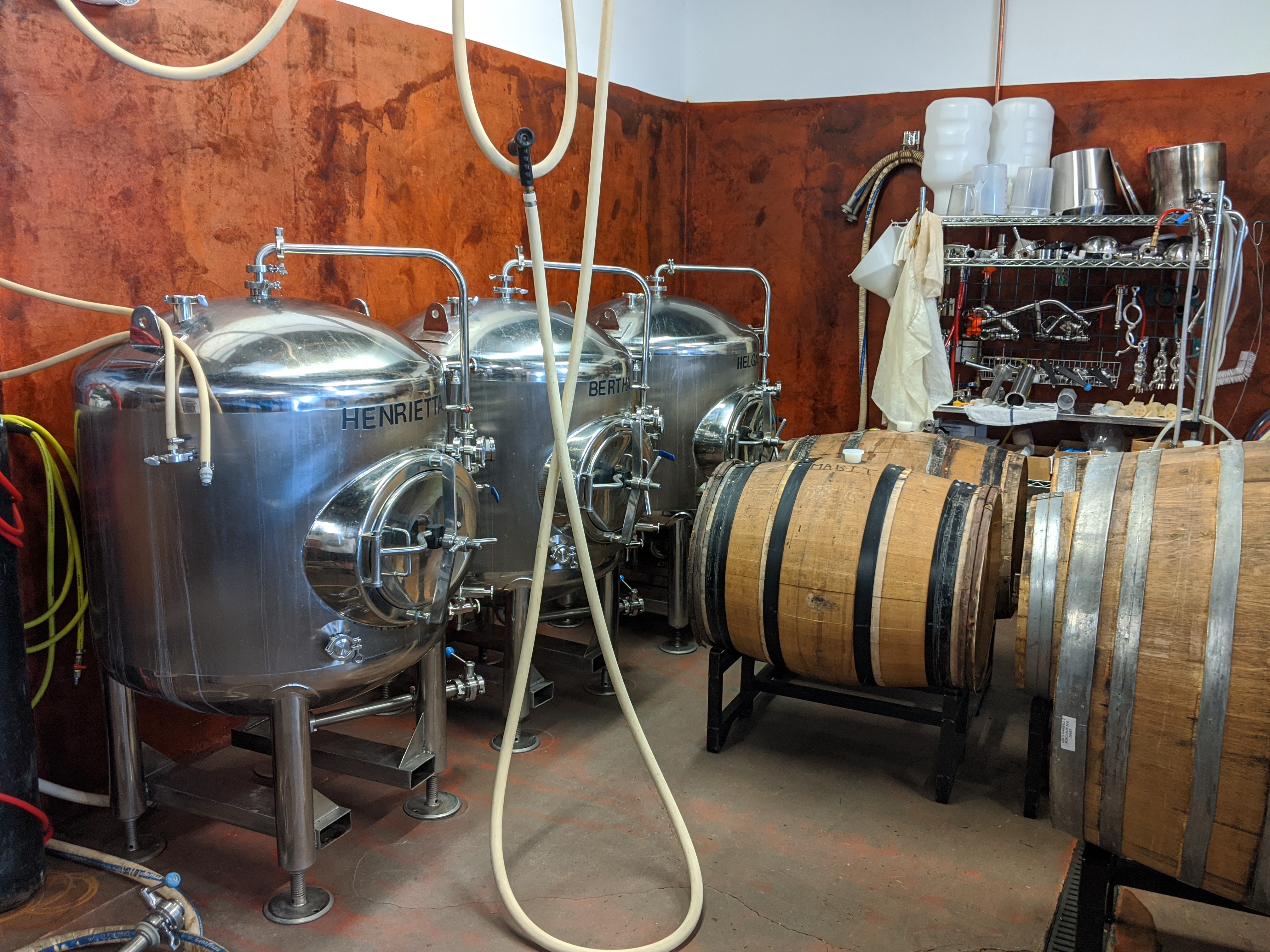

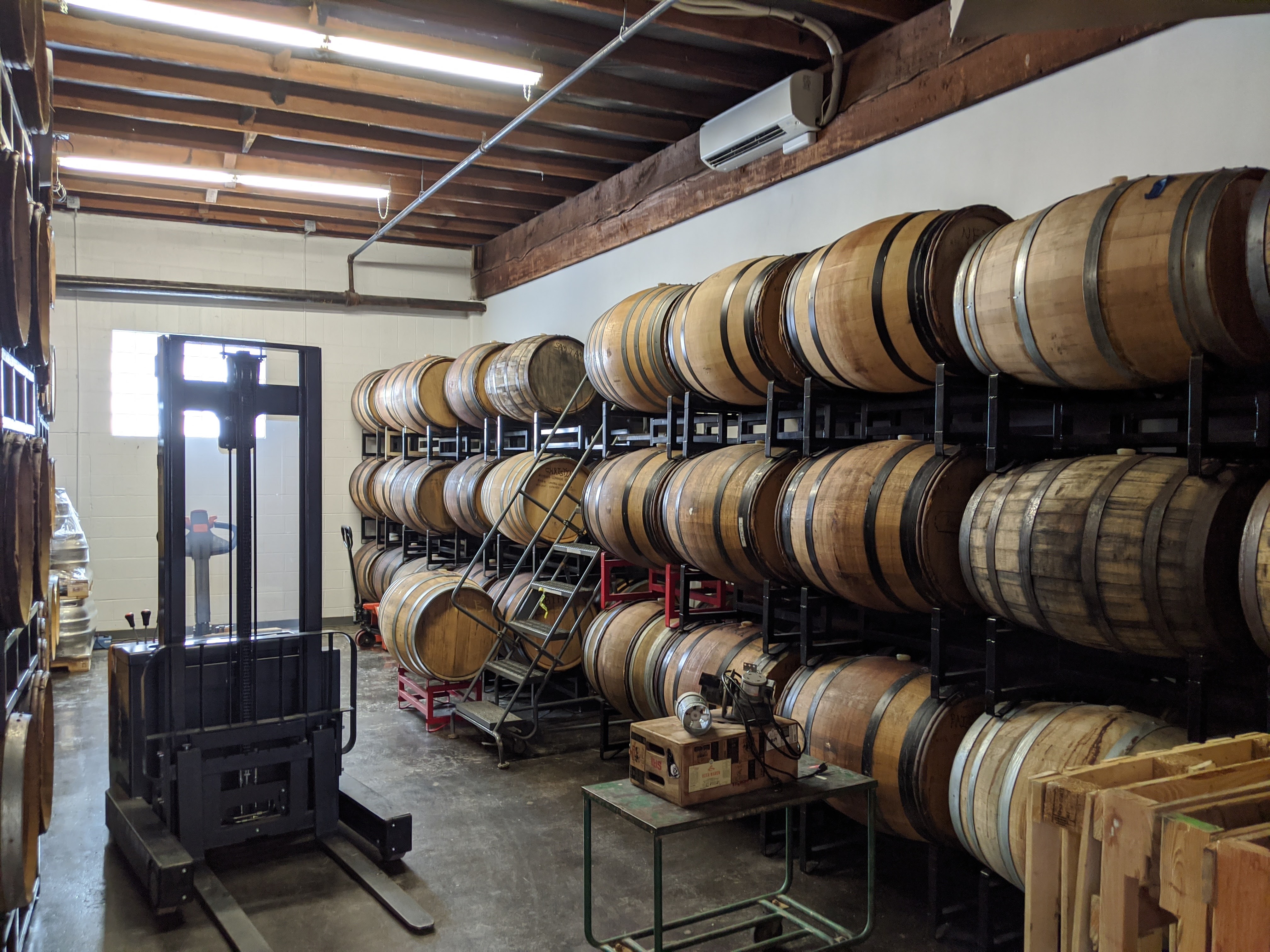
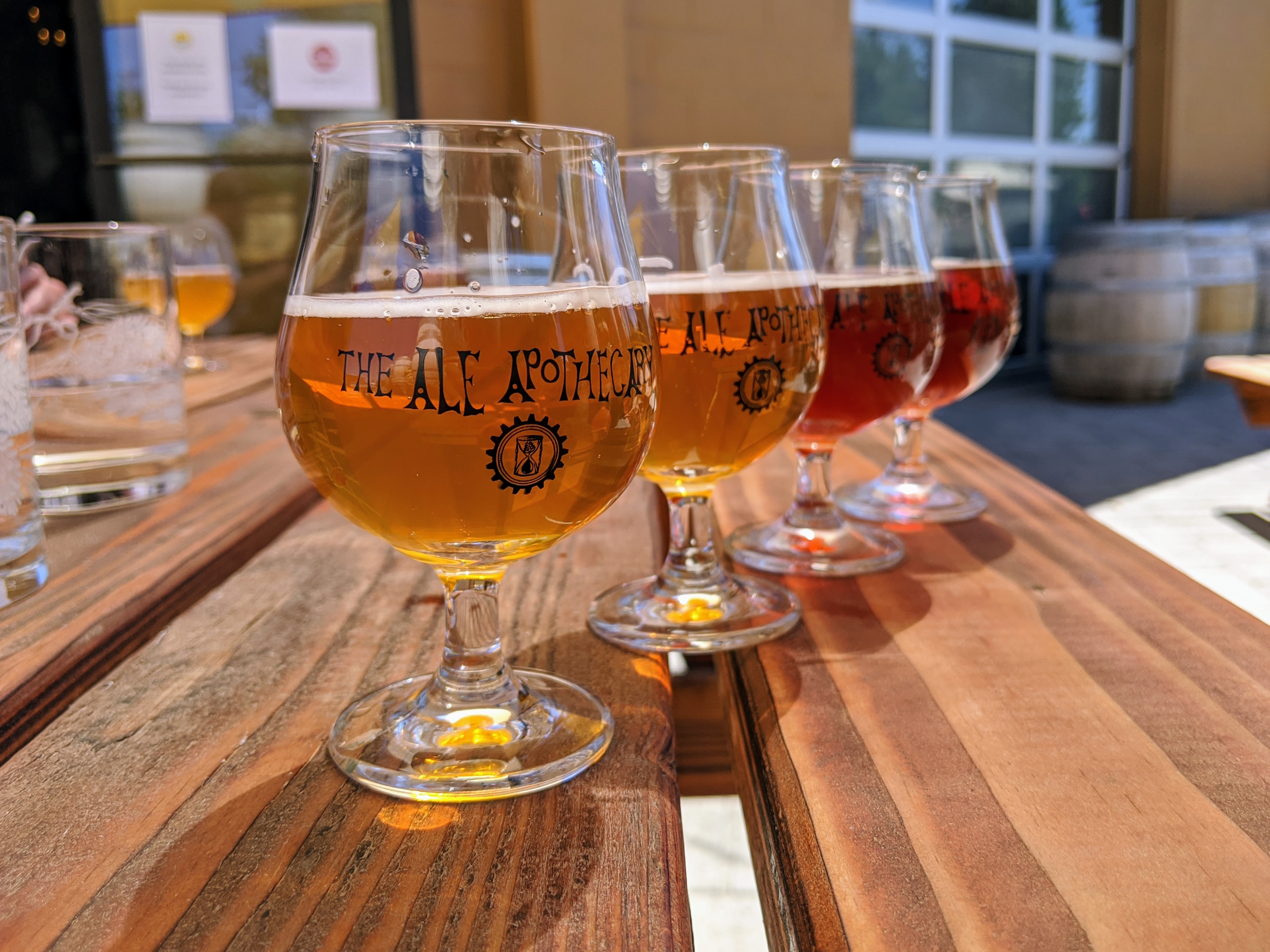
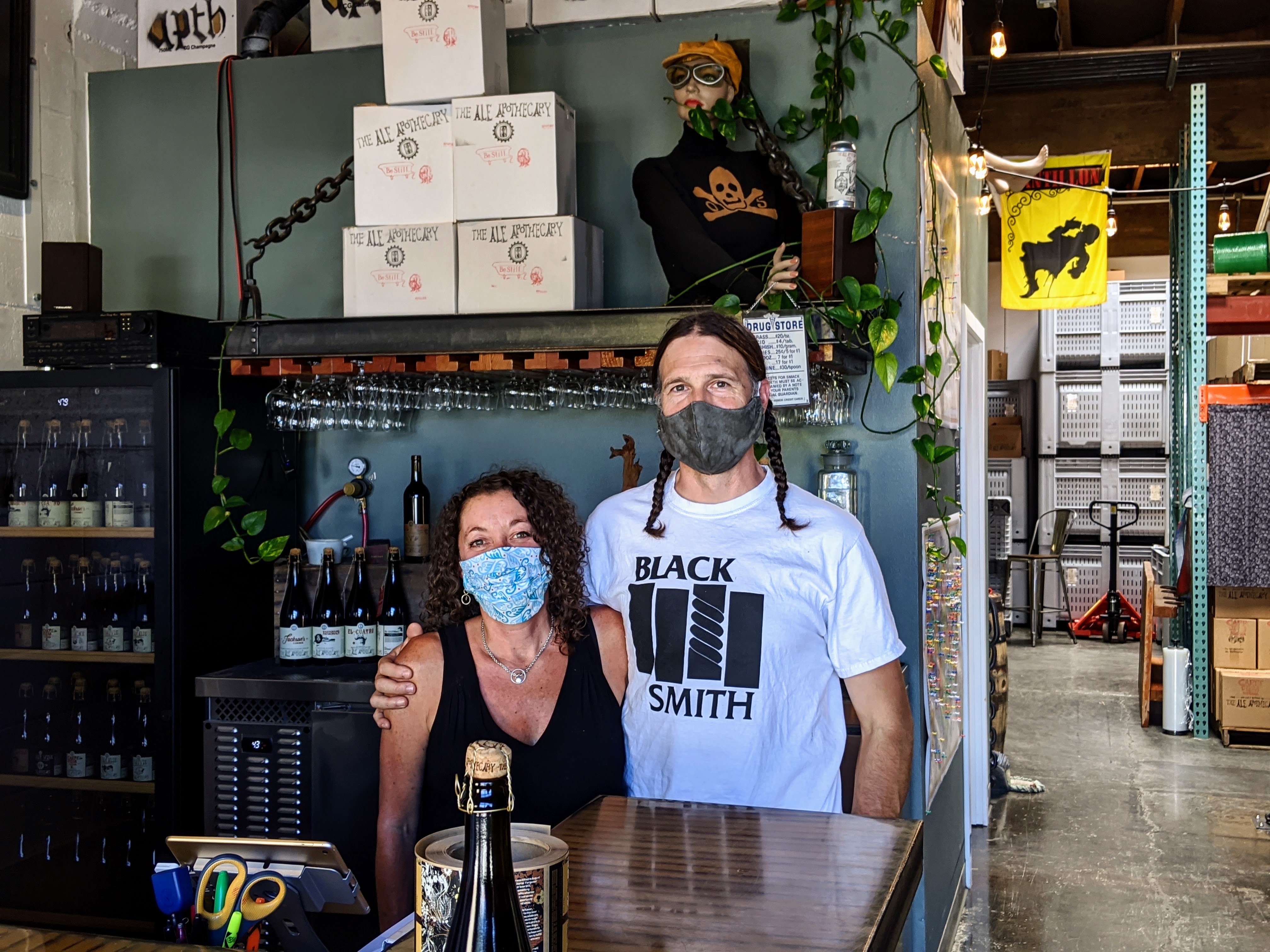
One thought on “NORWOREGON: Seeking Out The Ale Apothecary’s Natural Beer Ethos” Leave a comment ›